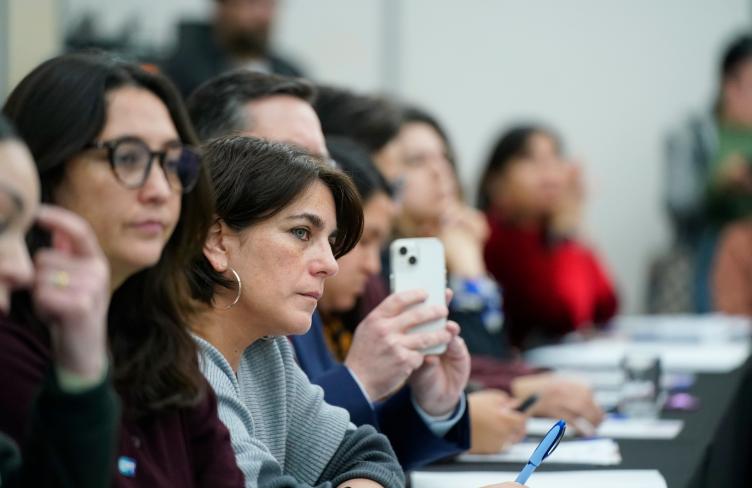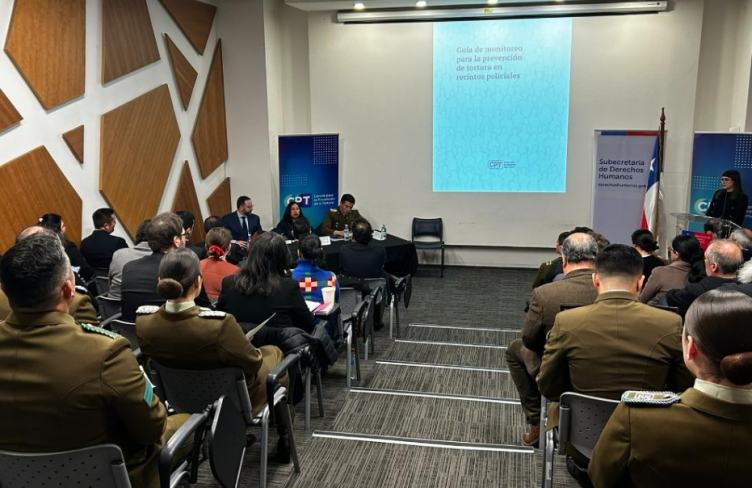Capitalising on important developments on the implementation of the OPCAT in North Africa, the APT organised the first meeting of National Preventive Mechanisms (NPMs) in the region. Indeed, with the designation in spring 2016 of the NPMs in Tunisia and in Mauritania, the revised legislation of the Moroccan National Council for Human Rights (CNDH), including the NPM mandate, and visits from the Subcommittee on Prevention of Torture (SPT) in the three countries (upcoming visit to Morocco this month), there was a good momentum for this regional exchange. The opening ceremony, attended by the Moroccan Minister of State in charge of Human Rights, was a significant opportunity to encourage the prompt adoption of the new CNDH law by the Moroccan Parliament.
Twenty representatives from the Tunisian NPM, the Mauritanian NPM and the Moroccan CNDH gathered in Rabat, from 26 to 28 September, to discuss about the broader understanding of their preventive mandate as well as the concrete methodology of monitoring and reporting on deprivation of liberty. Common challenges were also discussed, such as finding the right balance between complaints’ handling and preventive visits, in addition to working with budgetary restraints. Other issues around the methodology of a preventive mandate, such as unannounced visits, interviewing detainees and detention personnel, triangulation of information and report writing were also discussed. The experiences of the Italian NPM, which also started in 2016, and of the French NPM, which celebrates its 10 years in October, were interesting additions, in spite of contextual differences.
The discussions showed that emerging NPMs are aware of the particular challenges related to establishing their credibility and responding to high expectations from different actors. Presence on the ground, awareness-raising about their mandate, while establishing clear institutional structure and procedures, should enable them to address these challenges. Further exchanges with other NPMs are also useful, and the APT will continue to support such contacts. In the end, those implementing the preventive mandate are the key people, and all the representatives present in Rabat showed a strong commitment to work towards relegating torture to the past.



